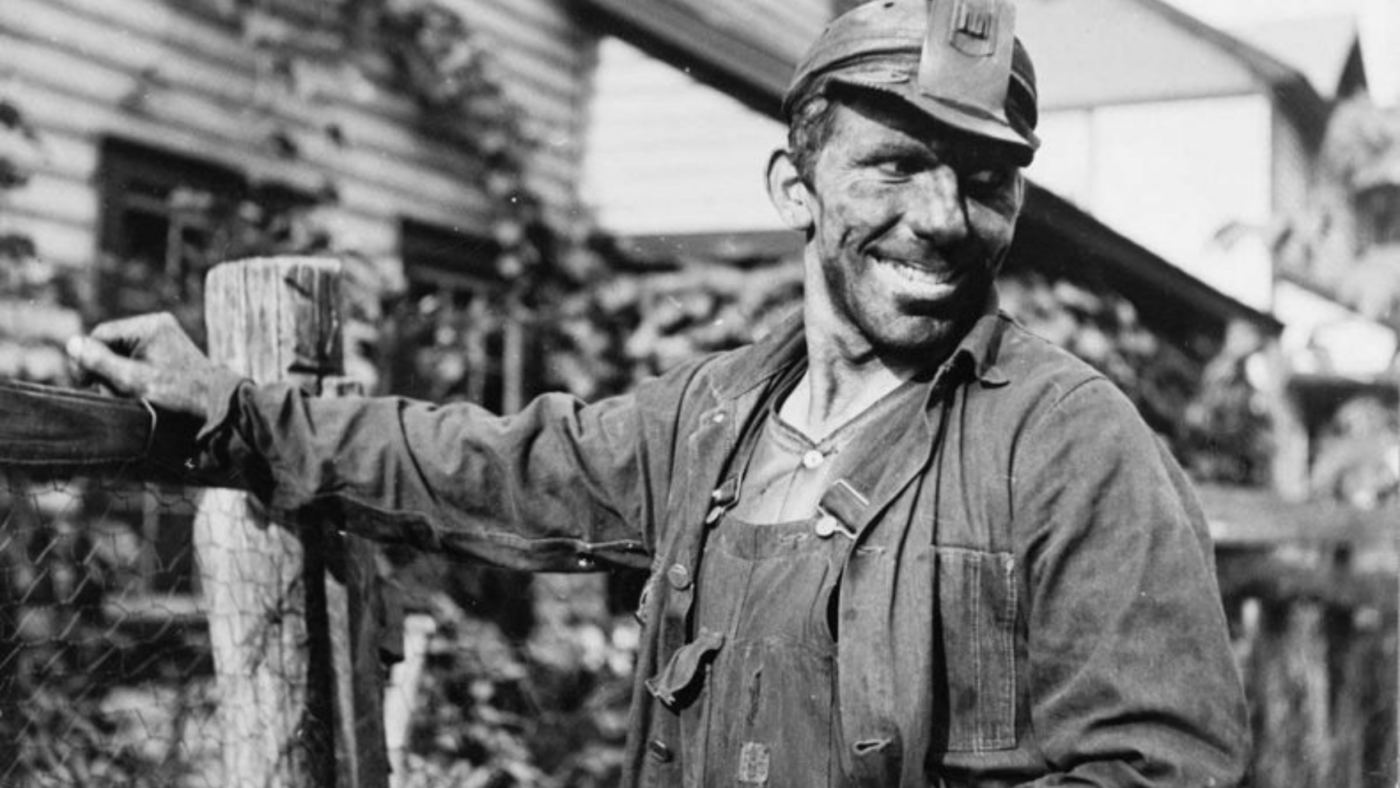Forty years after the miners’ strike, the politics of Britain’s coalfields have changed dramatically. Once Labour strongholds which repeatedly elected socialist stalwarts like Dennis Skinner, many switched allegiances to help deliver the Conservatives’ thumping majority four years ago. But one thing has yet to change: the scars of deindustrialisation still run deep in ex-mining communities, and it threatens to turn the political tide again.
Communities like Bolsover and Don Valley lost their loyalty to the Labour Party because of Jeremy Corbyn and his stance on Brexit. Overlooked for decades by successive governments, stricken with high unemployment, low wages and hollowed-out economies, they wanted to upend the system which had failed them for a generation. While ‘get Brexit done’ may have clinched Boris’s deal with these voters, his pledge to level up the country was meant to cement this political realignment.
To the Conservatives’ credit, in the years since, they have launched the most ambitious effort to end regional inequalities of any government. With £10bn committed to fund levelling up initiatives by 2026 and the biggest shift of powers away from Whitehall to towns and cities via major devolution deals and elected mayors, the foundation for economic rebalancing is being laid. As the next election nears, levelling up remains a core Conservative policy. Levelling up sat squarely in the centre of last week’s Spring Budget, with former mining communities such as High Peak and Erewash set to benefit from a new £100m funding package.
In normal times, the Government’s levelling up programme would have been recognised as an enormous political offering to communities that long rejected Conservative candidates. But the cost of living crisis brought on by the pandemic and soaring energy prices have overshadowed this agenda. The national economic challenges dwarf the local advances, with 73% of coalfield voters saying they are yet to see the benefits of levelling up. It’s no wonder that the Labour Party hopes to undo the realignment. Similarly, Richard Tice’s Reform Party will hope his newest recruit, ex-miner Lee Anderson, will help displace the Tory vote.
But the Conservatives need to stick with their plan and the realignment. They are no longer the party of the Home Counties. The party won three-quarters of Midland seats at the last election. Indeed, the geographic centre of the Conservative vote is now the home of England’s largest coalfield – the former ‘People’s Republic of South Yorkshire’. Shrinking back to a southern base would be a mistake. Remember: the 80 or so constituencies covering Britain’s coalfields comprise more than a tenth of the House of Commons. These seats are critical to securing Conservative majorities this year and in the future – and denying Sir Keir Starmer a route to Number 10.
Doubling down on levelling up is the best way to stay competitive in these seats. Ex-mining communities will remember and reward the political party that restores pride in their area, creates skilled jobs, and drives down crime.
Ministers can accelerate levelling up in three simple ways to give former coalfields a reason to lend their votes to Rishi Sunak later this year: high streets, local policing, and industry.
Reviving dilapidated high streets is the most noticeable way to level up a place. One in seven shops are empty across the country, and boarded-up high streets are a sign of decline and a source of shame for once-proud areas.
In addition to the investment the Government has unlocked for town centres, it needs to encourage more councils to use the new powers they’ve been given to populate high streets again. Compulsory rent auctions can force long-empty properties back on to the market. Conservatives should demonstrate this power’s transformative effect at a local level.
Former mining towns are also blighted by low-level criminality, such as anti-social behaviour, theft and drug offences. As outlined in Onward’s recent Back to Basics report, much of this crime is driven by a lack of police presence, as Chief Constables have reprioritised resources away from neighbourhood policing. The Government should build on the success of the recent Police Uplift Programme by recruiting an additional 19,000 new uniformed officers to restore order and public safety across the coalfield and beyond.
Ex-mining economies have also struggled to find a purpose in the wake of deindustrialisation. Many coalfield communities have a strong industrial heritage and high levels of manufacturing employment. The Government should be leveraging this expertise by encouraging UK R&D firms to manufacture products domestically in coalfield communities rather in overseas markets. This could be achieved through a new wave of development corporations or investment zones across the coalfields, or tailored fiscal incentives agreed at a devolved level by combined authorities.
If the legacy of the miners’ strike shows one thing, it’s that coal country has a long memory. Deindustrialisation may have locked the Conservatives out of these areas for a generation, but levelling up can keep the party competitive in these places for the next generation. Once again, Labour wants to permanently break these areas away from the Conservatives. Levelling up is the best way to prevent this and a Reform insurgency. The Conservatives should double down on levelling up or risk losing the coalfield for another generation.
Click here to subscribe to our daily briefing – the best pieces from CapX and across the web.
CapX depends on the generosity of its readers. If you value what we do, please consider making a donation.


